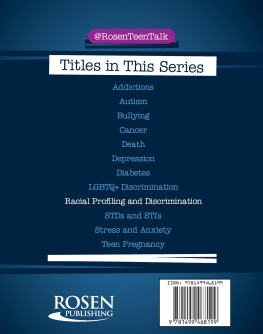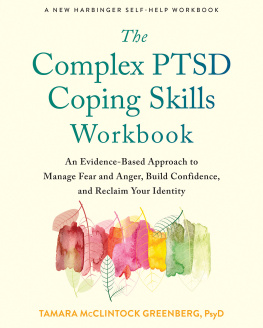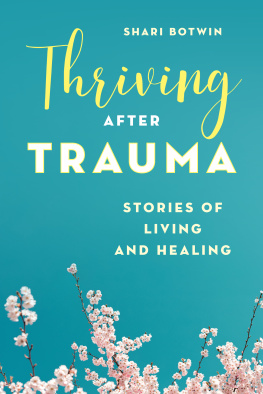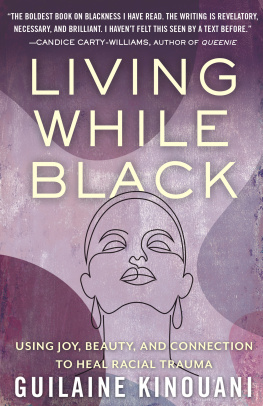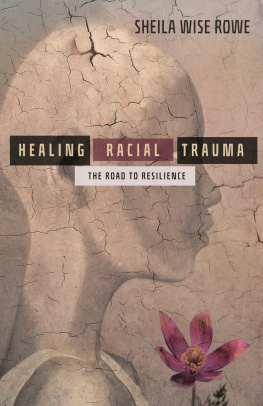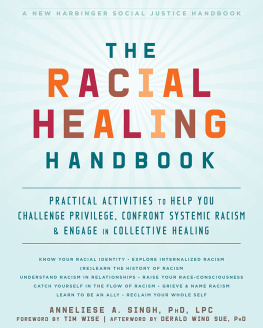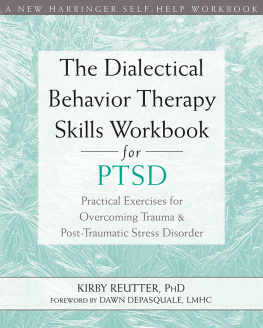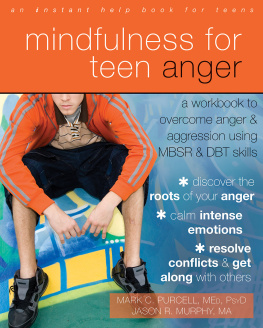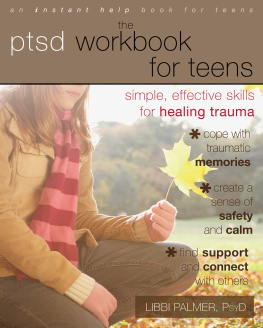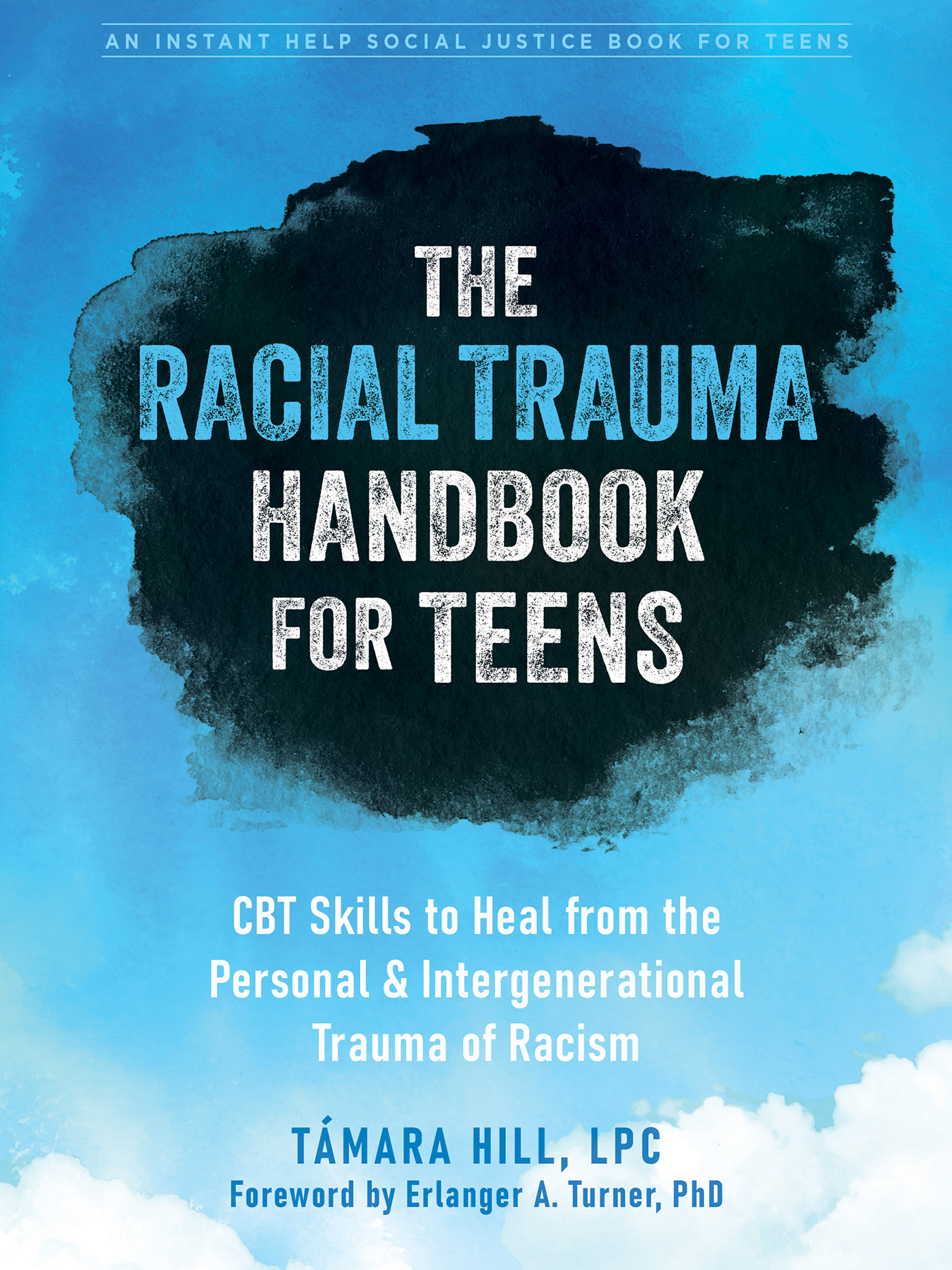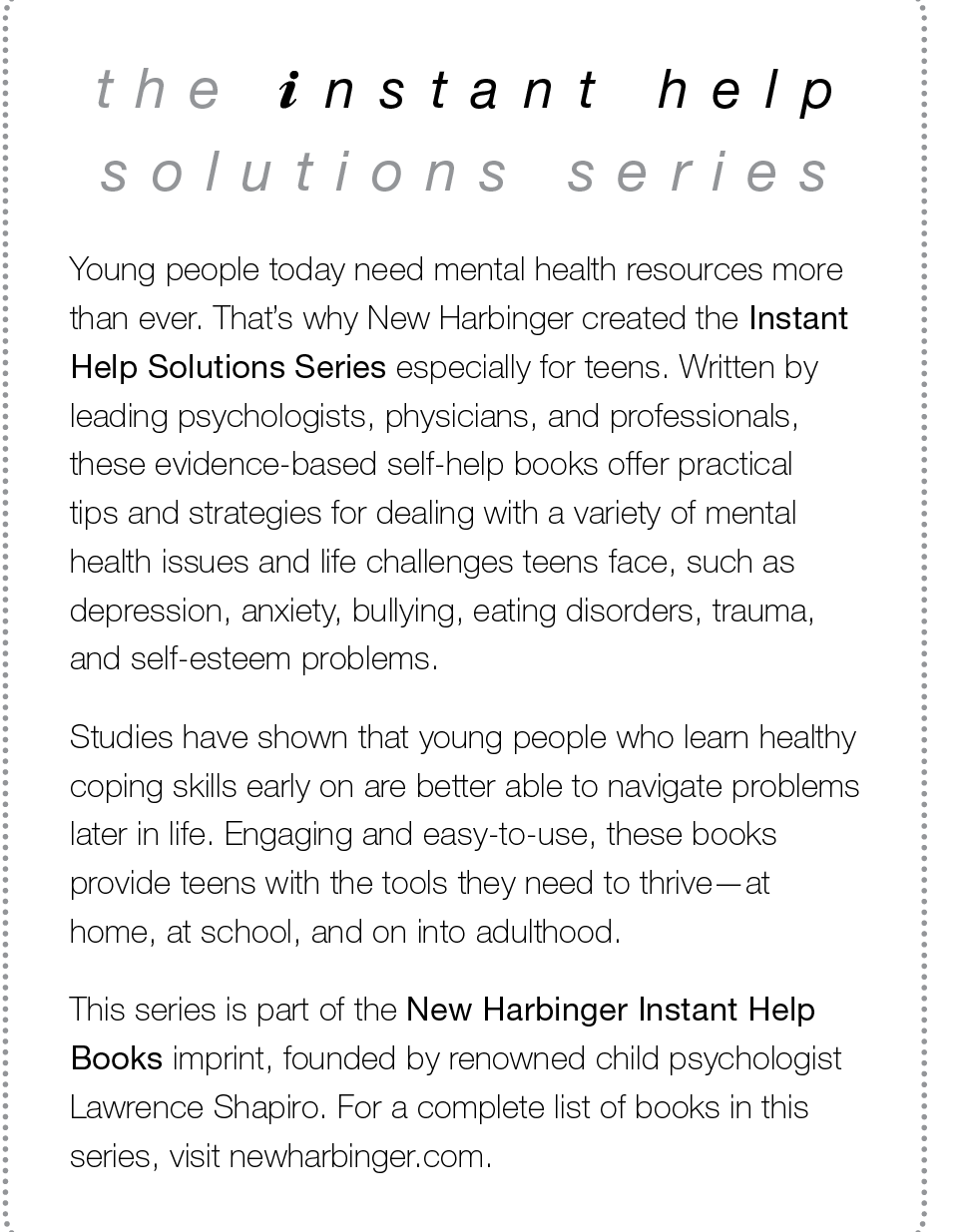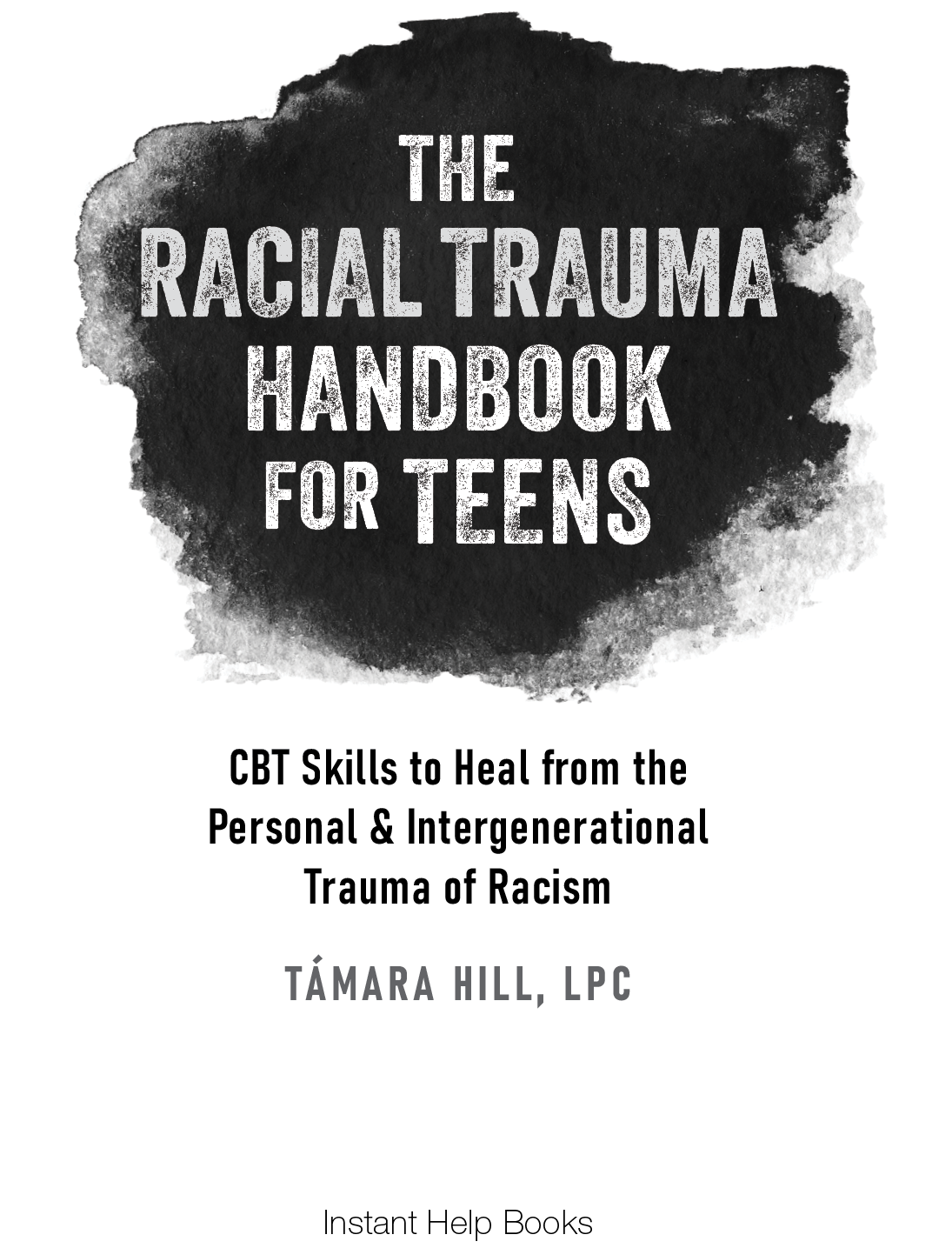Tmara Hill has produced a book worthy of both clinician and casual reader. As such, it contains helpful and practical information that can jump-start a long-overdue conversation regarding the often taboo subject of race and mental health in our country. What I admire most about this book, however, is Hills hopefulness and her ability to convey empathy in a refreshing and insightful fashion.
Don Laird, NCC, LPC, DCC , psychotherapist; and founder of eTalkTherapy, LLC
The Racial Trauma Handbook for Teens is a powerful book for Black and mixed-race teens, and for parents or guardians raising a Black or mixed-race child. The reflection activities and self-care strategies Tmara Hill provides helps teens process racialized experiences and heal from racial trauma. It is heartbreaking that our children experience such trauma; however, this book will help guide them through these moments and develop confidence and self-love.
Kaii Marie Robertson , restorative therapeutic yoga instructor and wellness educator, and cofounder of The Behavioral Health and Mind Body Economy
This phenomenal handbook fills a crucial resource gap with its relevance and responsiveness to the needs of Black and multiracial teenagers. The content is clinically sound, culturally respectful, and developmentally appropriate. Teen readers will appreciate how the book offers clarity for complex emotions, and provides relatable examples along with activities that bring concepts to life. Bravo, Tmara Hill! This handbook holds countless keys to intergenerational wellness.
LaVerne Hanes Collins, PhD, LCMHC, LPC , counselor educator; diversity trainer; and owner/CEO of New Seasons Counseling, Training and Consulting, LLC
Infused with the heartfelt struggles of growing up as a multiethnic child, Tmara Hill takes Black and mixed-race teens on a journey to explore their personal experiences with racism and intergenerational trauma, and models healthy, compassionate self-reflection tools and coping skills that empower teens to heal from the impacts of racial trauma in a positive way. A must-read for educators, as most trauma-informed teaching practices are viewed through a narrow lens that does NOT include race-based stress and trauma.
Lori Maldonado , professional development coordinator at www.simplek12.com, education technology trainer, national conference speaker, and secondary science instructor
Tmara Hill has provided a powerful overview of a challenging and relevant topic. The insight and practical tools make this book a must-read! Resiliency, grit, mindfulness, post-traumatic growth, antifragilityits all in here. When someones personal experience fuels the passion for hard work and dedication to the community, you get a resource like this. This book will be on every contemporary therapists shelf.
Anat Samid, LCSW , emotional intelligence life coach and psychotherapist
Publishers Note
This publication is designed to provide accurate and authoritative information in regard to the subject matter covered. It is sold with the understanding that the publisher is not engaged in rendering psychological, financial, legal, or other professional services. If expert assistance or counseling is needed, the services of a competent professional should be sought.
INSTANT HELP, the Clock Logo, and NEW HARBINGER are trademarks of New Harbinger Publications, Inc.
New Harbinger Publications is an employee-owned company.
Copyright 2023 by Tmara Hill
Instant Help Books
An imprint of New Harbinger Publications, Inc.
5674 Shattuck Avenue
Oakland, CA 94609
www.newharbinger.com
All Rights Reserved
Cover design by Amy Shoup; Acquired by Jennye Garibaldi; Edited by Karen Schader
Library of Congress Cataloging-in-Publication Data on file
This book is dedicated to the mixed-race and Black individuals and families I have had the pleasure of crossing paths with. You have taught me a lot.
Contents
Foreword
Growing up as a Black boy in the United States, I have witnessed firsthand the hardships of living in an urban community where society doesnt always see your humanity; I was also one of few students of color in the classroom as I entered college. These experiences have all shaped my life in different ways. Understanding how race impacted my life and the lives of other minoritized communities led me to my career as a psychologist. My work providing therapy and doing research has focused on addressing the needs of youth and their families. This passion has resulted from (1) recognizing how racism and oppression in society impacts mental health and (2) a desire to reduce stigma around addressing mental health among Black youth and their families. More than ever, it is now time to confront these issues, given the continued racism within society and our communities.
Life can be challenging and stressful for teensparticularly for teens from diverse racial backgrounds. Some research notes that youth of color experience at least one incident of racial discrimination in their life, yet these youth or their parents do not commonly know how to cope with the mental health challenges associated with racism. In my work as a psychologist, I have encountered many teens and their parents who have been impacted by negative statements about their race or identity. While therapy is a great resource to help address racial stress or trauma, many people are not able to access therapy to address these concerns. Sometimes the inability to get therapy is due to financial reasons; other times, teens may not be ready to talk about these types of situations in therapy. Some parents may not recognize that therapy is the best approach to help their child.
The Racial Trauma Handbook for Teens can help you understand ways to think through situations you have experienced as a result of racial discrimination. It is an accessible self-help guide you can use to process and heal from experiences of racism that may lead to self-hate, hurt, anger, or sadness.
In Part 1 of this book, the author discusses racial trauma and how experiencing racism can impact you and your family. What we know from research on racism and racial stress is that not everyone will experience what is known as racial trauma. Scholars such as Robert Carter and Thema Bryant have discussed how single or repeated incidents of racism can impact each person differently. This book provides an opportunity for you to think about your experiences and to consider how other teens from your racial background may have had similar experiences.
Part 2 of the book offers options to help you heal and cope with stress related to racism. Although it can be difficult to know what to do after you have a negative racial encounter or experience racism, the Racial Trauma Handbook for Teens offers several strategies for you to consider. As a psychologist, I often tell my clients to create a list of things to do in stressful situations so that if one doesnt work for you in the moment, you can try another to help relieve your stress.
This book is a useful resource that provides practical activities on understanding racism and microaggressions, offers resources to help you understand how your body responds to racial stress, and helps you explore signs of trauma that results from racism and discrimination. Given the frequency of racism and discrimination, the Racial Trauma Handbook for Teens is so needed.


